Are you getting ready for the possibility of water restrictions and a drought?
It’s been almost 10 years since South East Queensland experienced extreme drought conditions, but with our combined dam levels now less than 60%, and Wivenhoe Dam less than 50%, the Bureau of Meteorology is predicting a dry summer. Seqwater are warning us to expect water restrictions from as early as January 2020.
South East Queensland currently sits at 70% combined water level, which puts us at the “drought readiness stage.” At 60% we are encouraged to drop our water use down to 150 litres per person per day. Once the combined SEQ dam levels reach 50%, compulsory water restrictions are put in place.
HOW MUCH WATER IS RECOMMENDED?
We all need to be more water wise and rethink how much water we use. Currently our average water consumption is 186 litres a day or 227 on the Gold Coast plus an estimated extra 150 litres at our place of work. The aim is to average water consumption to 150 Litres per person per day.
HOW MUCH DOES WATER COST?
At Moyle Plumbing we see and hear from online community pages complaints from residents about water charges and excess water. Most of the charges on your water bill are from consumption and not a concealed water leak. A leaking tap or toilet is considered consumption.
If you think you have a water leak, follow our guide on how to check for a water leak before calling your plumber.
Calculating your water bill can be confusing.
The Gold Coast City Council charge
City of Gold Coast charge $1.090 per Kilolitre (1000 Litres in a Kilolitre)
State Government bulk water charge #3.017 per Kilolitre ( 1000 litres in a Kilolitre).
PLUS a charge for the maintenance and delivery of the water to your door known as a water access charge.
This ‘water charge is the cost for your ongoing connection of clean treated water @ $212.08 per year. This amount is divided by how many water bills you get in a year. eg: $212.08 :- 4 = $53.02
So you pay $4.107 per Kilolitre of water you use + the access charge of $53.02 each bill or 4 times a year.
Here is an example calculation – Follow these steps with your actual bill beside you:
Lets say you use 80kL (80,000 liters) in a 90 day period (assuming you get a bill 4 times a year).
STEP 1
Calculate your daily total consumption rate by dividing the yearly consumption threshold (as shown in the above table) by 365.
80 x 4.107 = $328.56
STEP 2
Add your access charge of $53.02
STEP 3
Add together the Water use & Water Access charges:
Water Access Charge = $53.02
Total water use $328.56
Total water charges $381.58
STEP 4
Add the Sewage access charge.
Sewerage Access Charge = $136.95
STEP 5
Add the Water & Sewage charge together for your bill total -
Total charges for BOTH Water & Sewage = $518.53
HOW CAN YOU SAVE WATER?
If we all act together now to use less water, not only will it save you money, but it will help the overall consumption and ultimately our dam levels, which may delay the onset of compulsory water saving.
Check all toilets and taps for leaks.
Fix all water leaks
Check the overflow on your hot water tank – some over flows now run directly to a drain, so you may not automatically notice that it is leaking.
Have water saving taps and shower roses installed if you don’t have them already.
Is your toilet a dual flush water efficient type? New dual flush toilets only use 3 - 4.5 litres of water compared to the old 9 - 11 litres.
Shower quicker. Remember when we were only allowed a 4 minute shower!
Turn the water off when brushing your teeth.
Rinse your razor in a cup of water rather than under the tap.
Stack the dishwasher and only use it once per day.
Is your washing machine a water wise one? These have been available for some years now, but if you still have an old washing machine, then it may be using too much water.
Wash when you have a full load of washing.
If your watering plants then water the root system late afternoon.
Check your water meter for any movement. If you have no leaks and the digits on your water meter are turning, call your local plumber as you may have a concealed water leak.
For more info on how to save water visit Seqwater’s water wise tips or their 2019 saving water fact-sheet.
If you are a Gold Coast City Resident, here is a link for you to find out when your next water bill is due. https://www.goldcoast.qld.gov.au/contact-water/my-water-dates.aspx

